News Desk
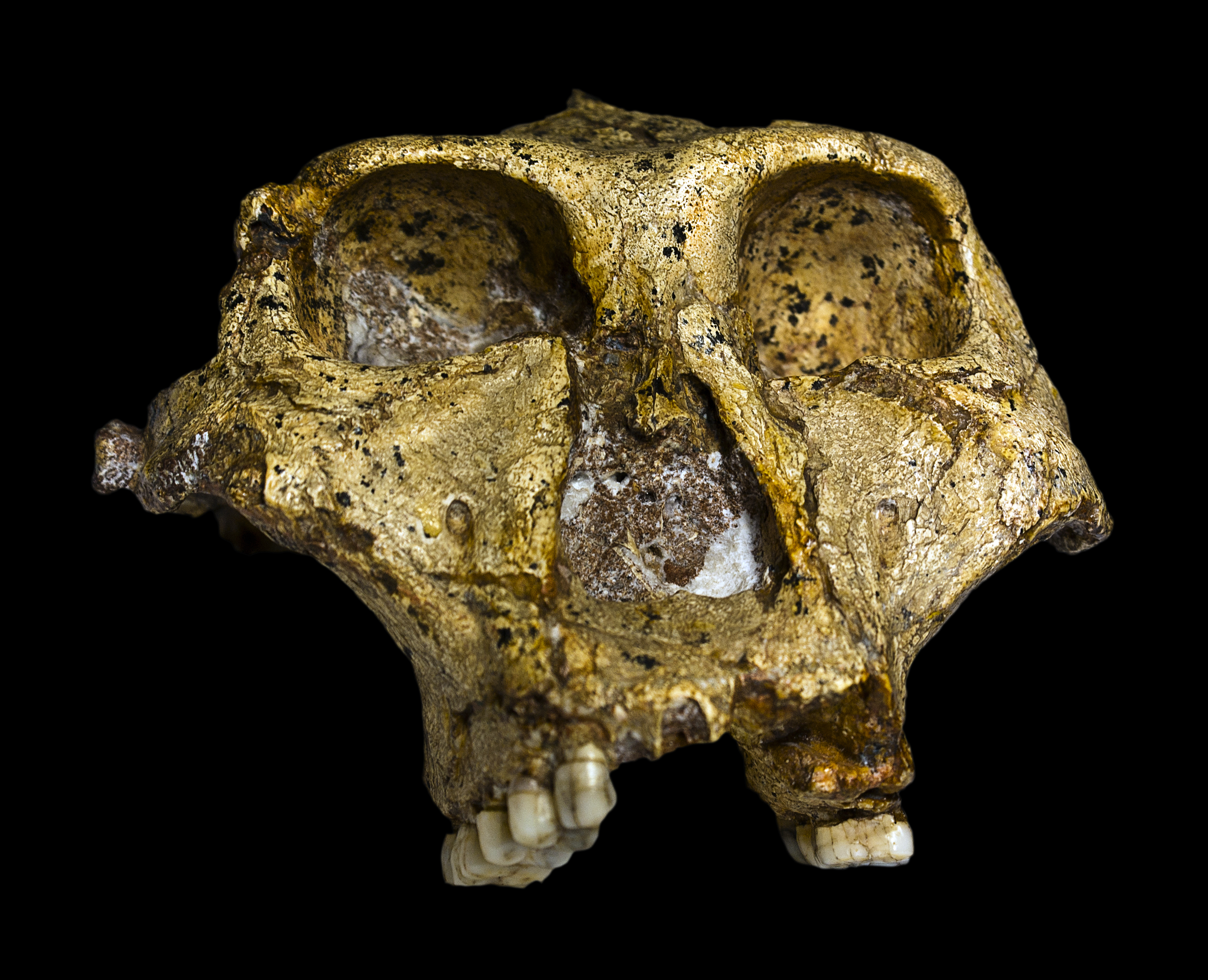
A new study, led by Palesa Madupe of the Globe Institute at the University of Copenhagen, has revealed protein-based evidence of hidden genetic variation within Paranthropus robustus. This suggests that the prehistoric humans may not have been a single, uniform species after all. The study is published in the journal Science.
Image by – José Braga;Didier Descouens (Wiki Commons)
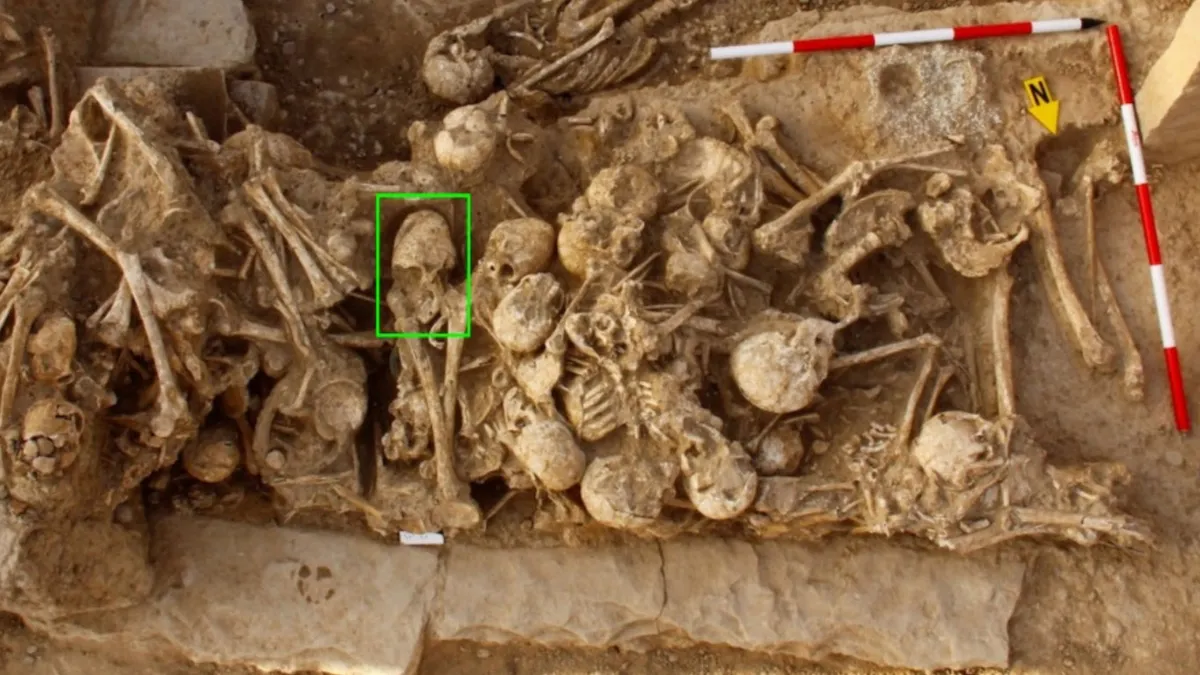
Archaeologists in Iran have unearthed the unusual skull of a young woman who died in a traumatic incident over 6,000 years ago. The study was published May 22 in the International Journal of Osteoarchaeology.

With its cold climate, short growing season, and dense forests, Michigan’s Upper Peninsula is known as a challenging place for farming. But a new Dartmouth-led study provides evidence of intensive farming by ancestral Native Americans at the Sixty Islands archaeological site along the Menominee River, making it the most complete ancient agricultural site in the eastern half of the United States. The findings are published in Science.
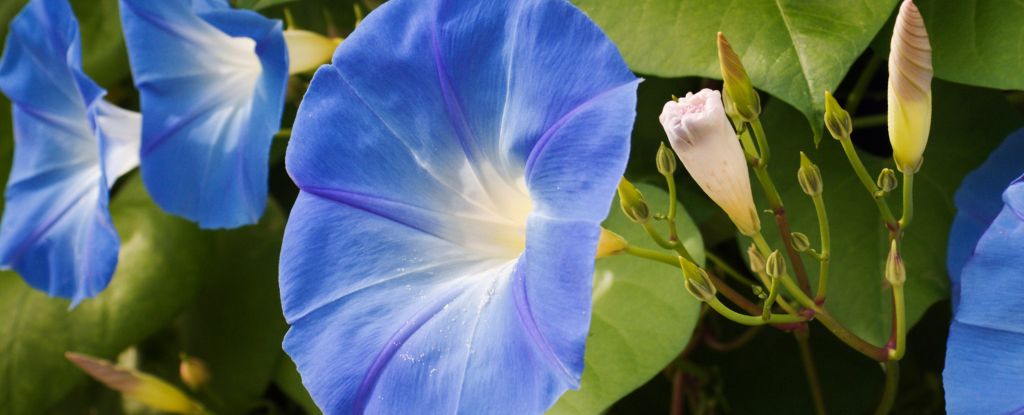
An elusive fungus capable of generating quantities of a compound used to synthesize the hallucinogen LSD has finally been discovered on the morning glory vine after decades of searching. The research is published in Mycologia.

A new study from Tel Aviv University offers a provocative twist: prehistoric humans may have first harnessed fire not to cook their food, but to protect it—from predators, and from spoilage. The study was published in the journal Frontiers in Nutrition.
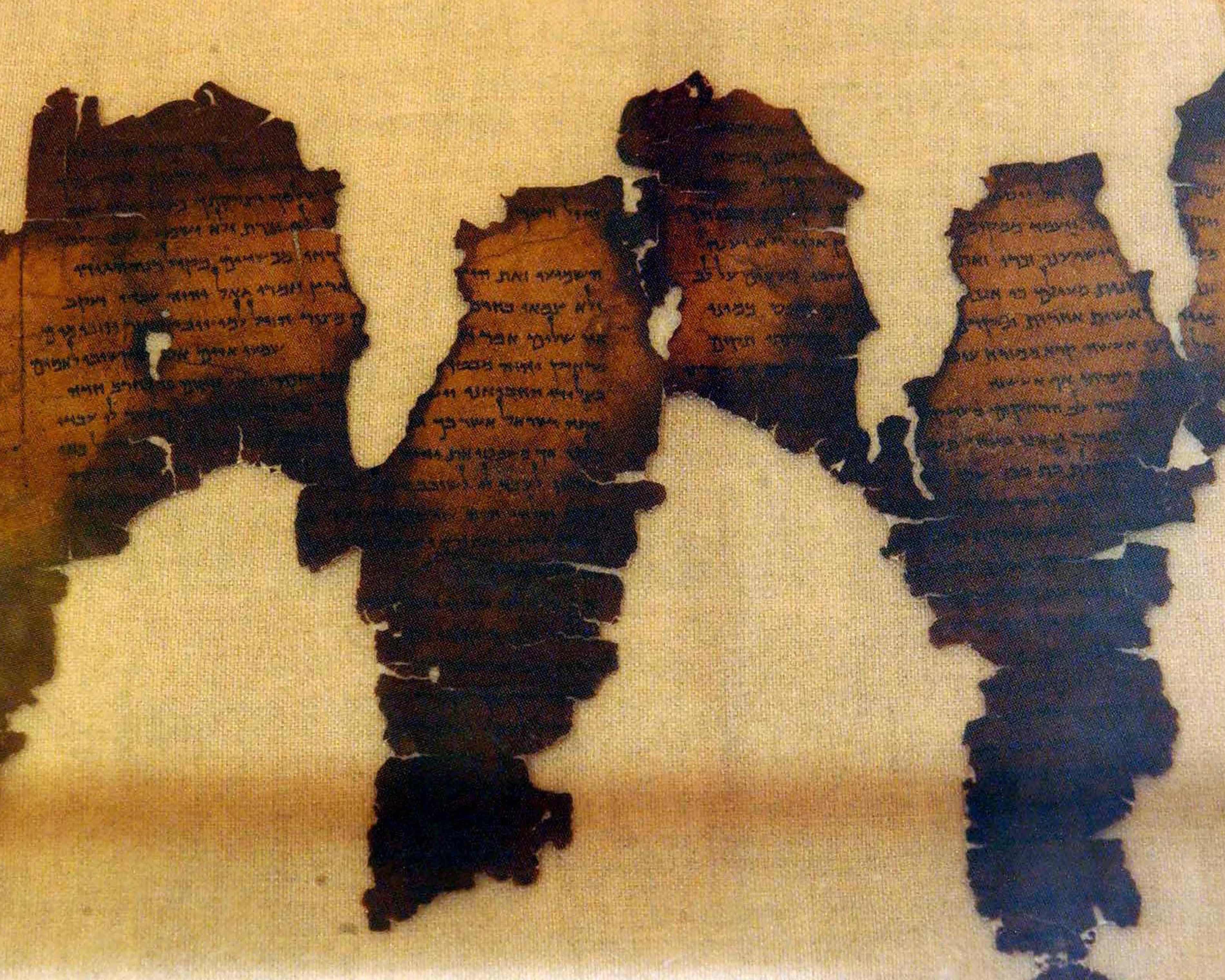
Researchers enlisted help of AI along with radiocarbon dating to produce new insights into ancient texts
Whale bones dating to 20,000 years ago found at sites around Spain could be the earliest evidence that ancient humans used whale bones to make tools, according to a new study. The findings are presented in a paper published in Nature Communications
Better understanding species distribution through time could help determine why the megafauna vanished between 50,000 and 10,000 years ago. This in turn could give crucial insight into prehistoric ecosystems and help understand and even prevent future extinctions.
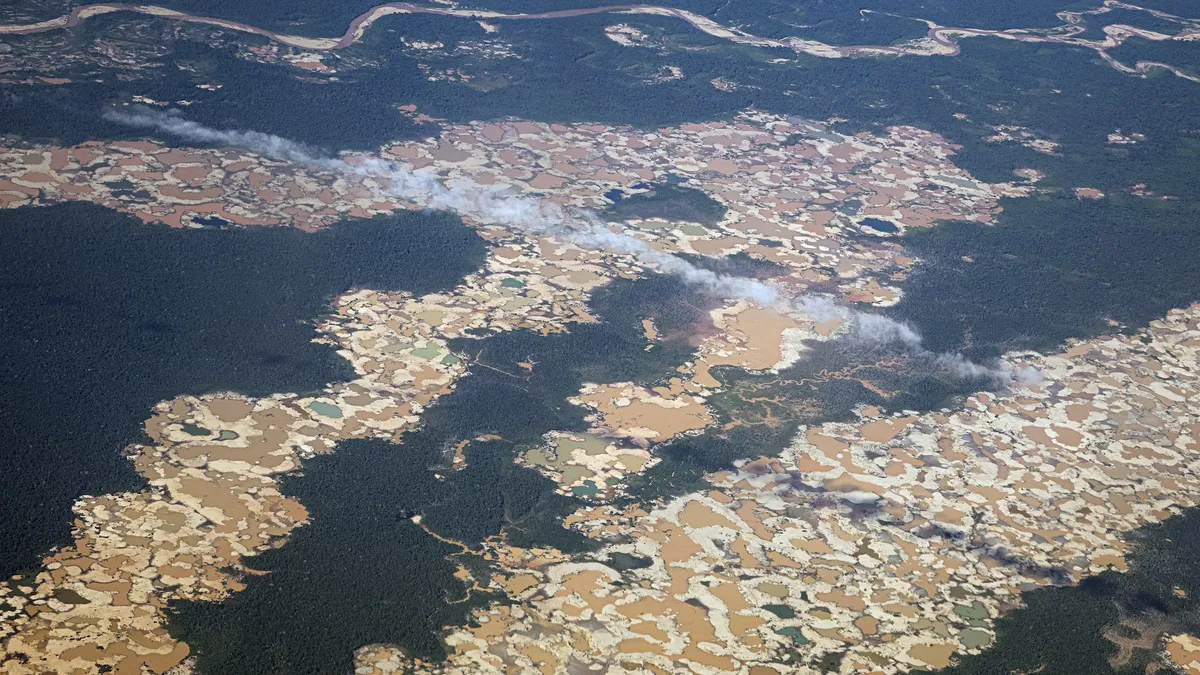
Gold mining is literally sucking the Amazon rainforest dry, creating an environment where trees cannot grow, according to a new study.
A significant fossil puzzle piece in the evolution of the first vertebrate animals to leave Earth’s ancient seas and walked on land was discovered in Scotland more than 40 years ago. But it has only just been accurately aged—and the results have left palaeontologists stunned. The results are published in the journal PLOS One.
The new study published in the journal Geoarchaeology shows that geophysical imaging methods can be useful to find other artefacts in open air sites outside caves and rock shelters.

Recent genetic analysis of seven individuals from the area, including a potential royal and a sacrificial burial, revealed that the people of classic Copán had genetic similarities with late archaic (5,600–3,700 years ago) populations, later Maya groups, and modern Maya communities in Mexico. This study published in Current Biology found signs of a dramatic decline—but not complete disappearance—of the Maya population.
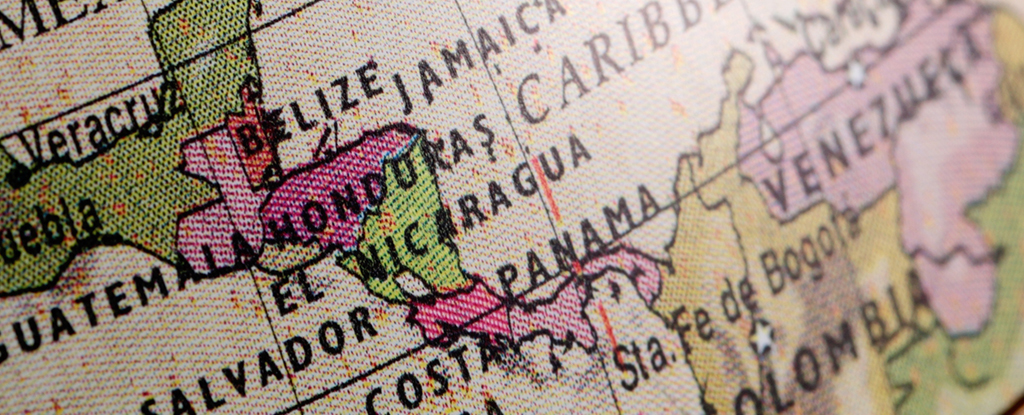
DNA records reveal a fascinating timeline, including the existence of an ancient population with genetics unrelated to any modern descendants – a group of people who may have been some of the earliest settlers in South America, but who subsequently disappeared completely. The research has been published in Science Advances.
Pacific island researchers believe that ceremonial drinking of kava—a plant-based beverage with calming properties— combined with talanoa, a form of open, respectful dialogue, can offer relief to people with PTSD, especially those who haven’t responded well to conventional treatments. They have published their work in Frontiers of Psychology.

Scientists have identified a new pod of ancient hunter-gatherers who lived near the land bridge between North America and South America about 6,000 years ago. The new study was published Wednesday in the journal Science Advances.
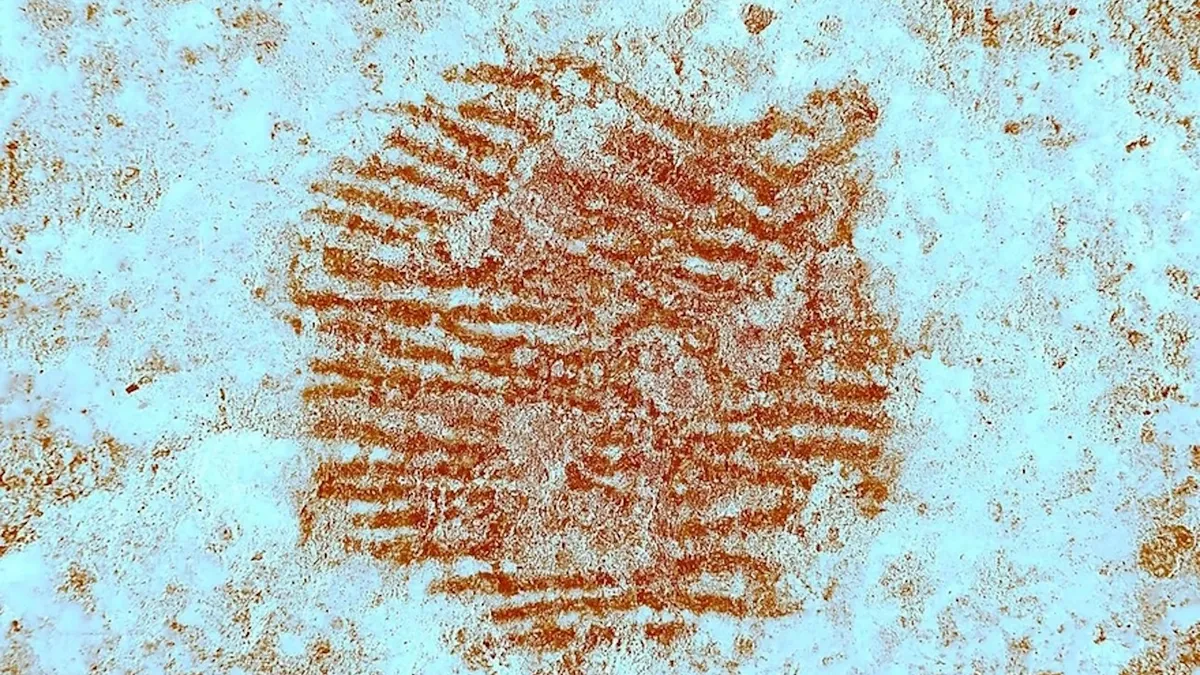
The discovery of a 43,000-year-old fingerprint in Spain is challenging the idea that Neanderthals were not capable of symbolic art.








